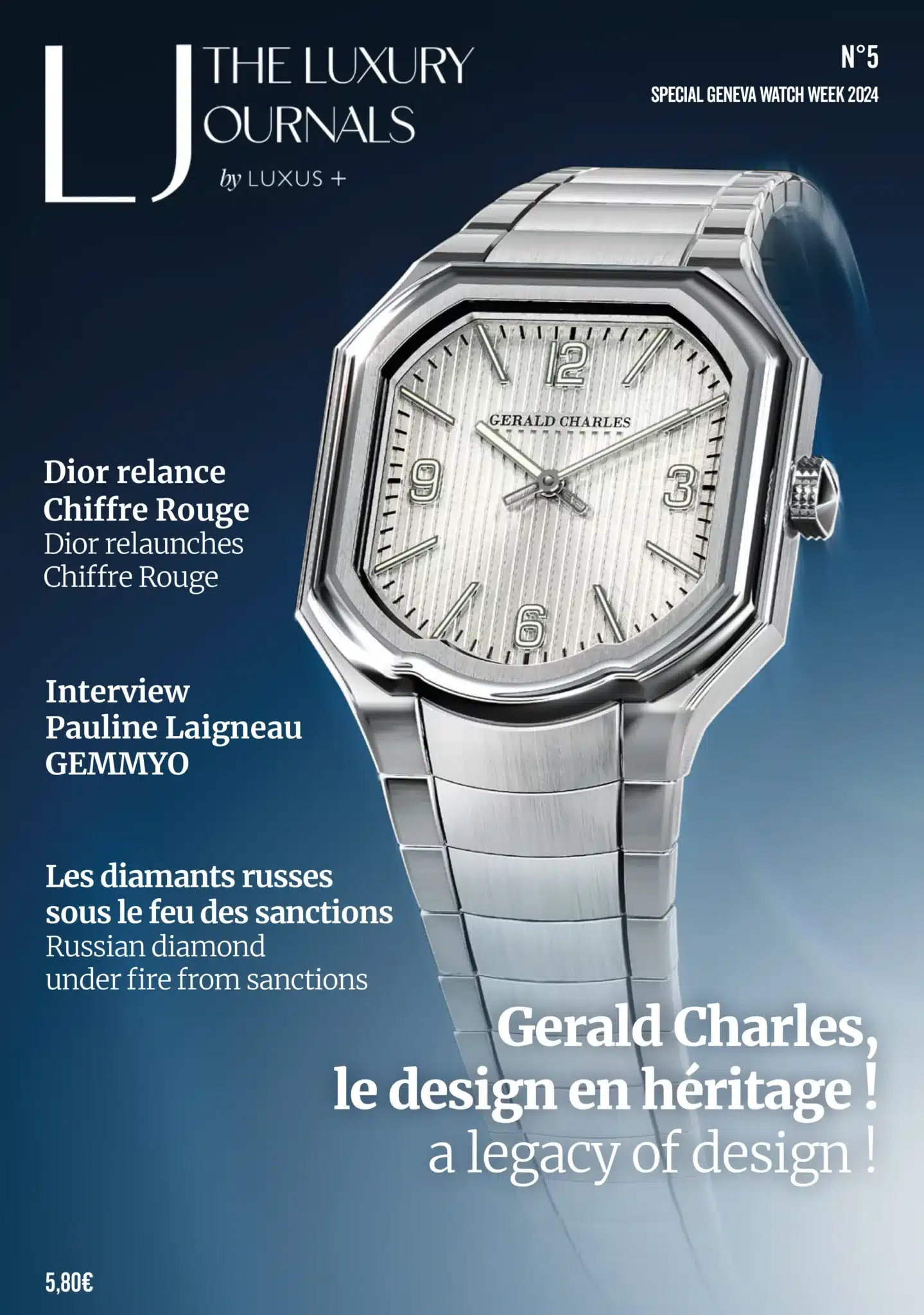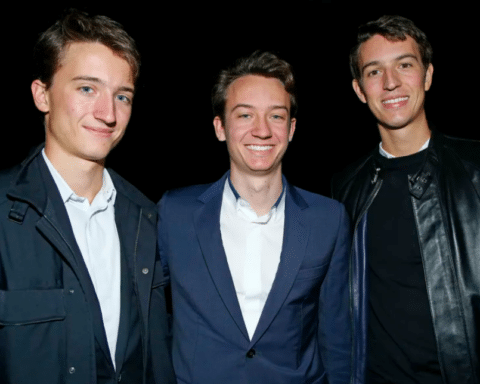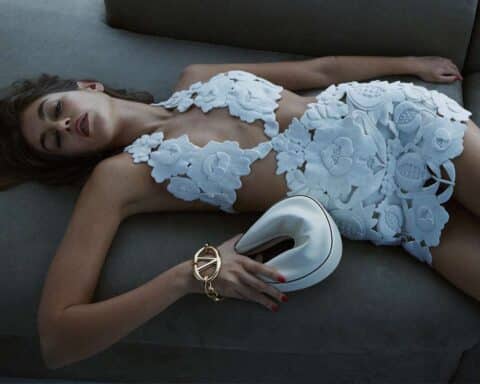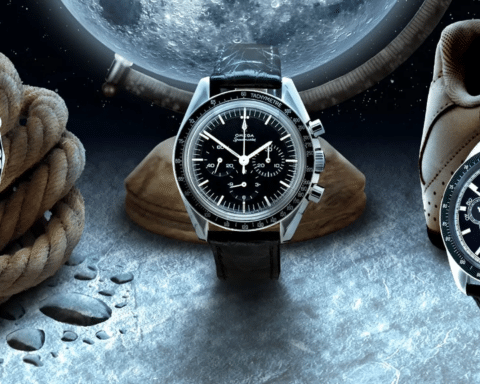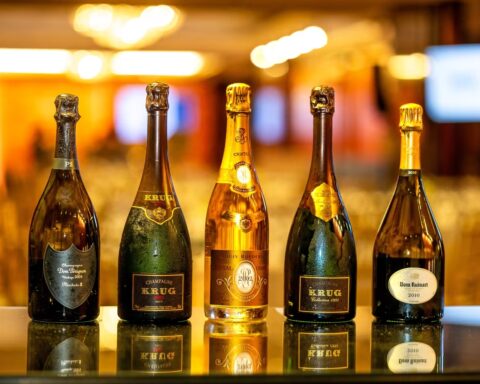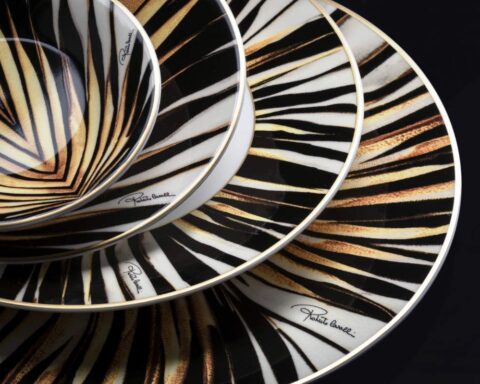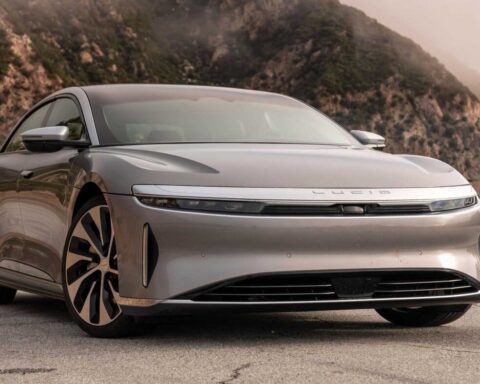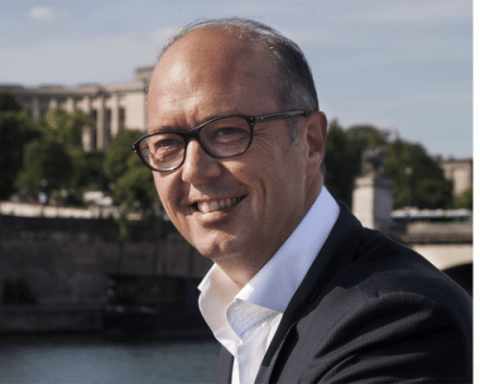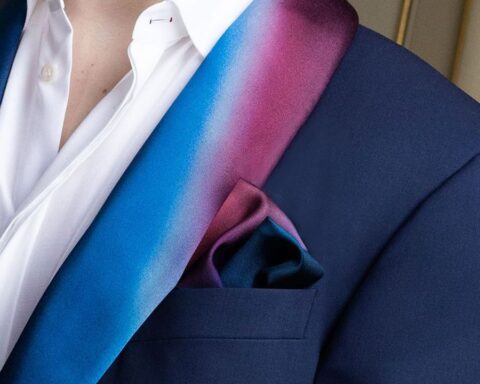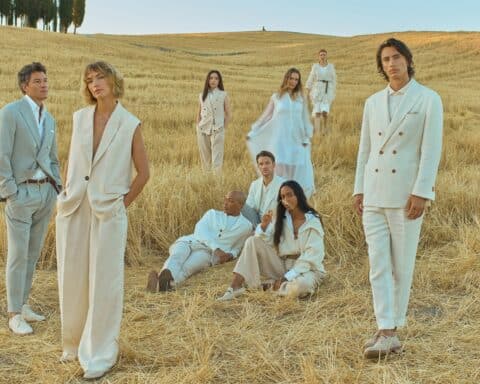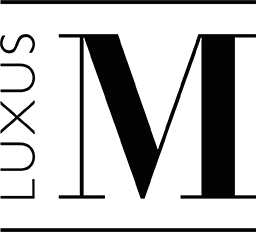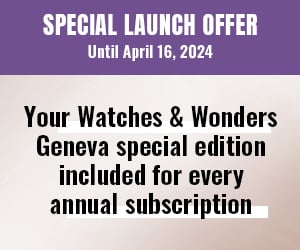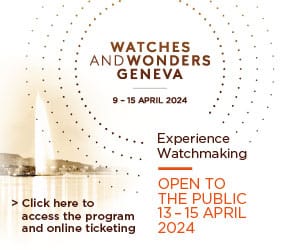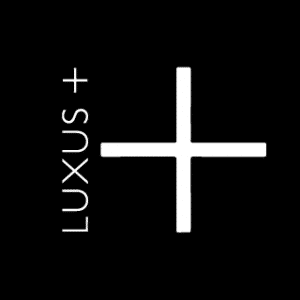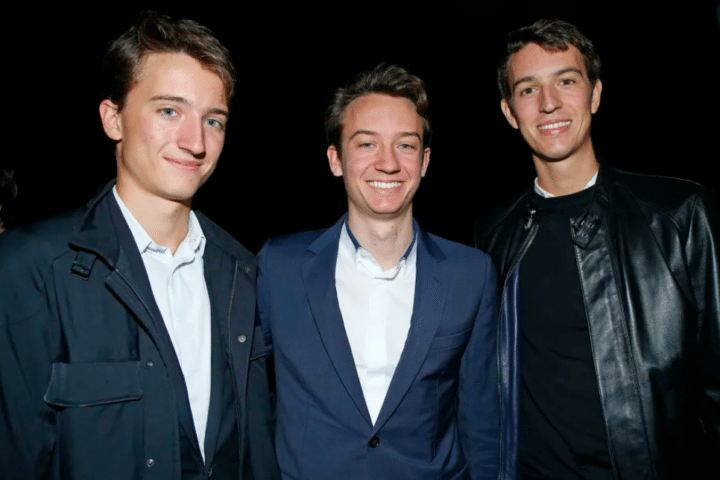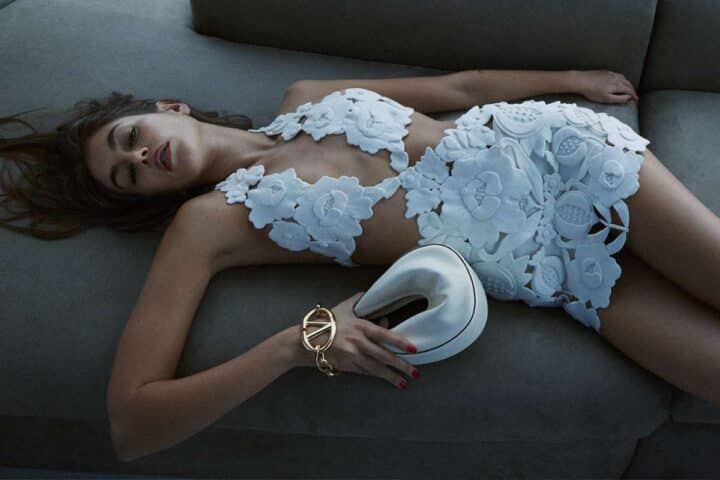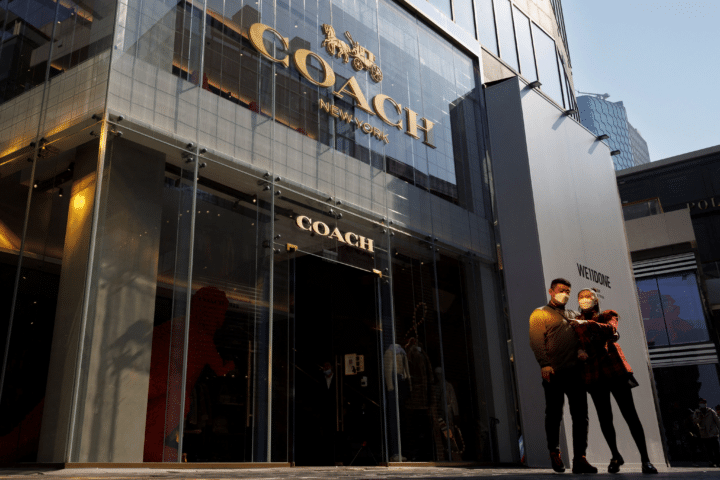Is artificial leather the future of luxury? At a time when vegans are becoming more and more active, the Californian start-up Vitrolabs, aiming at the massive culture in laboratory of a leather based on animal cells, is of great interest to Kering.
While it had already provided Vitrolabs with support for the testing, tanning and finishing aspects, the group headed by François-Henri Pinault has just participated in its latest financial round, announced on May 4. With the funds Green Agronomics, leader of the project, New Agrarian, Regeneration VC but also the Danish fashion group Bestseller and the actor Leonardo Di Caprio, it has enabled Vitrolabs to raise 46 million dollars (43.6 million euros).
This cash injection will allow the start-up to “accelerate its commercialization, by strengthening its scientific, production and business teams“.
A “Canady dry” leather
The company was co-founded in 2016 by Ingvar Helgason and Dr. Dusko Ilic, a stem cell specialist. Differentiating itself from the increasing number of companies offering vegetable and plastic ersatz vegan leather, its goal is to offer a “Canady dry” leather, with an animal DNA and all the biological characteristics of the latter. That is to say, those that “the industry, artisans and consumers know and love” underlines Ingvar Helgason. But this time, “eliminating the harmful environmental and ethical aspects of the conventional sector“.
“In the last two years, we have focused on developing our platform to optimize production (…) to achieve the look, feel and performance of traditional leather. Thanks to several major advances (…) in cell culture, we are now on the verge of achieving a process that delivers the desired premium qualities, thus paving the way for industrialization” explained Dusko Ilic.
Driven by positive winds, Vitrolabs had already moved last fall to a new 4,200 square meter site in Milpitas (California).
For Kering, but also for the luxury industry in general, a laboratory-grown leather would have the advantage of no longer attracting the wrath of anti-speciesist associations. Under their pressure, Kering and many other luxury players have already banned fur. While leather, especially exotic, remains a fetish material for the sector, we understand its interest in this bio-technology.
Read also > VOLVO LAUNCHES SUSTAINABLE, LEATHER-FREE LUXURY RANGE
Featured photos : © Tod’s


